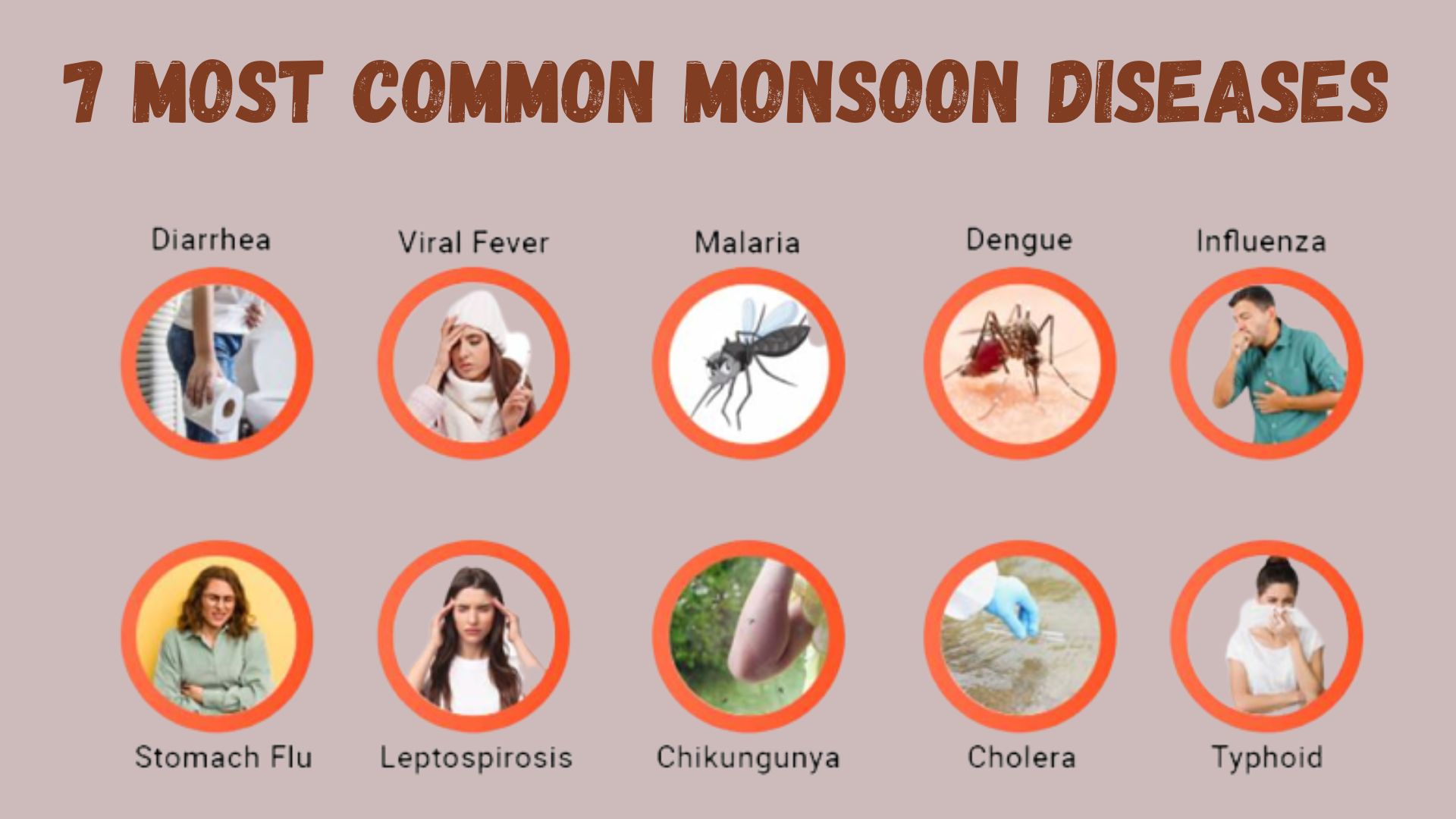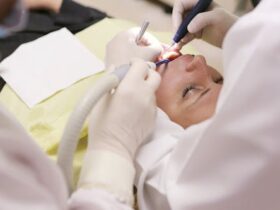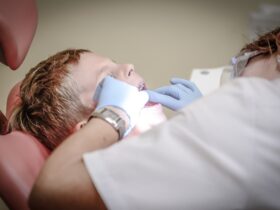Monsoon brings happiness and relief from the heat, but it also brings the risk of diseases and infections. The warm and humid weather provides a perfect breeding ground for various germs to multiply and spread easily. Some common illnesses during this time include malaria, dengue, typhoid, cholera, cold, flu, and fungal infections. These diseases can be severe and sometimes even life-threatening if not treated on time. That is why taking preventive steps and buying family health insurance is crucial to keep yourself and your dear ones safe from these monsoon-related illnesses.
Tips to Prevent Diseases During the Monsoon

Here are some tips to help you stay healthy and protected during the rainy season:
Drink boiled water
Water-borne diseases, such as hepatitis A, typhoid, and cholera, are illnesses that spread through drinking water or consuming food made with contaminated water. They can lead to severe problems like dehydration, diarrhoea, vomiting, fever, and stomach pain. To protect yourself, it is essential to drink clean or boiled water and steer clear of ice cubes or juices from street vendors. To stay safe from these diseases, make it a habit to wash your hands with soap and water before eating or drinking anything.
Avoid stagnant water
Stagnant water is a perfect place for mosquitoes to breed, and they can spread serious diseases like malaria, dengue, and chikungunya. These illnesses can cause symptoms like high fever, headache, joint pain, rashes, and sometimes bleeding. To protect yourself, avoid walking or playing in rainwater or puddles where mosquitoes can be found. Keeping your environment clean and dry is essential to prevent mosquito breeding. Use mosquito repellents, nets, and screens to shield yourself from mosquito bites, as they are the main transmission of these diseases. Be aware that some of these diseases can become severe. While you should be cautious about preventive care, at the same time to stay covered against the severe risks, make sure you have a wide coverage offering health insurance.
Eat healthy and fresh food
Food-borne diseases, such as diarrhoea, gastroenteritis, and food poisoning, happen when we eat food that has turned spoiled or not prepared cleanly. These illnesses can lead to feeling sick with symptoms like nausea, vomiting, stomach cramps, and loss of appetite. Choosing healthy and fresh food that is cooked properly and stored correctly is essential to keep yourself safe. Avoid eating raw or undercooked meat, seafood, eggs, or dairy products, as they can be risky. Always wash fruits and vegetables thoroughly before eating them to reduce the chance of getting sick from contaminated food. Take special care of the food of your children. To ensure all-around protection, it is wise to buy health insurance for children as well.
Boost your immunity
Airborne diseases, such as colds, flu, and respiratory infections, occur when we breathe in tiny viruses or bacteria floating in the air. These illnesses can lead to coughing, sneezing, sore throat, runny nose, and difficulty breathing. It is essential to strengthen your immune system by eating a balanced diet with vitamins C and D, zinc, and antioxidants to protect yourself. Drinking fluids, like water, herbal teas, soups, and juices, is also essential to keep your body hydrated and better equipped to fight these airborne infections.
Maintain personal hygiene
Fungal infections like athlete’s foot, ringworm, and candidiasis happen when fungi grow on the skin or mucous membranes, usually in warm and moist conditions. These infections can lead to itching, burning, redness, scaling, and blisters on the affected areas. To avoid them, keep yourself clean by taking two baths daily using antifungal soap and thoroughly drying yourself. Wearing loose-fitting cotton clothes can help prevent these infections, and remember to change your clothes often to stay fresh and dry.
Consult a doctor if needed
Even with diligent preventive measures, it is possible to contract certain monsoon diseases due to weakened immunity, contact with infected individuals or animals, or genetic susceptibility. Should you encounter any of the symptoms associated with these diseases persisting for more than two days or aggravating over time, seeking medical attention for proper diagnosis and treatment promptly is essential. Following the doctor’s guidance concerning medication, dietary adjustments, sufficient rest, and isolation, if necessary, will aid in a quicker recovery and prevent the spread of the illness to others. If you have health insurance for your children or yourself, you do not have to worry about medical bills.
Conclusion
By following these tips to stay healthy during the rainy season, you can enjoy the rains without worrying about getting sick. It is essential to remember that prevention is always better than having to deal with the illness later on. Taking a little extra care can make a big difference in keeping you safe from monsoon-related diseases. Keep yourself and your family protected against the health risks of monsoon by taking these precautions. At the same time, do not forget to cover yourself and your family with a wide coverage offering family health insurance plan.





